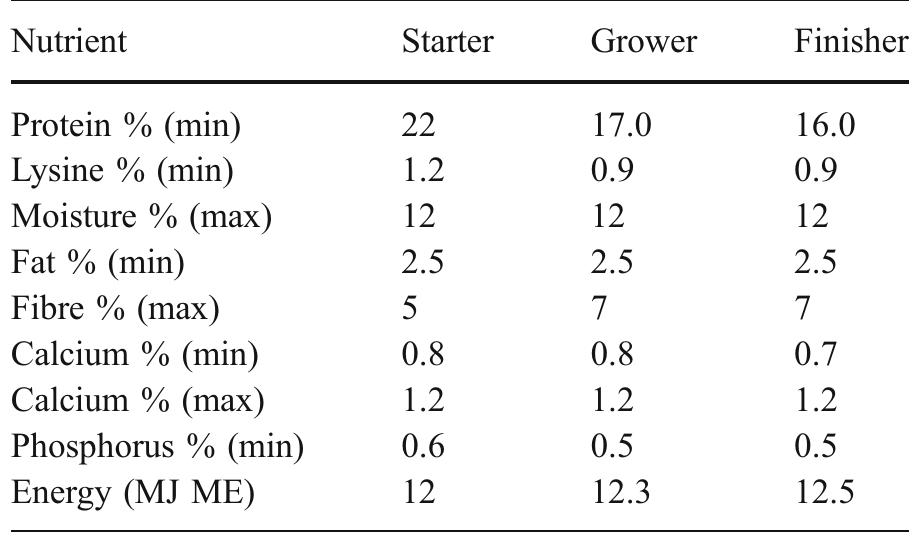Key research themes
1. How do dietary interventions and nutrient formulations influence gastrointestinal function, nutrient absorption, and malnutrition prevention in monogastric nutrition?
This body of research investigates how aging-related gastrointestinal (GI) changes, disease states affecting different segments of the GI tract (esophagus, small intestine), and nutritional formulations (enteral and parenteral) impact nutrient digestion and absorption in monogastrics, especially in vulnerable populations such as the elderly and critically ill. Optimizing nutrient delivery through tailored medical nutrition therapy (MNT), specialized formulas, and managing malabsorption can prevent malnutrition and improve clinical outcomes.
2. What are the physicochemical and compositional properties of dietary fibers and carbohydrates that influence digestibility and gut health in monogastric nutrition?
This research theme centers on characterizing fiber types and carbohydrate fractions by their physicochemical properties such as hydration capacity, buffering capacity, and digestibility rates, including slowly digestible starches. This understanding informs how specific fiber and carbohydrate sources affect nutrient digestibility, gastrointestinal health, microbiota composition, and energy availability in monogastric animals, guiding dietary formulation for optimal digestive function and metabolic health.
3. How do nutrition strategies modify clinical outcomes and nutrient deficits in monogastric patients with disease or critical illness?
This theme addresses the application of therapeutic nutrition strategies—including medical nutrition therapy for diabetes, enteral and parenteral nutrition regimens, micronutrient supplementation, and dietary modifications targeting inflammatory bowel disease and irritable bowel syndrome—in monogastric patients with chronic or acute disease states. The aim is to optimize nutrient balance, reduce nutrient deficits, mitigate disease symptoms, and improve clinical recovery and quality of life.















